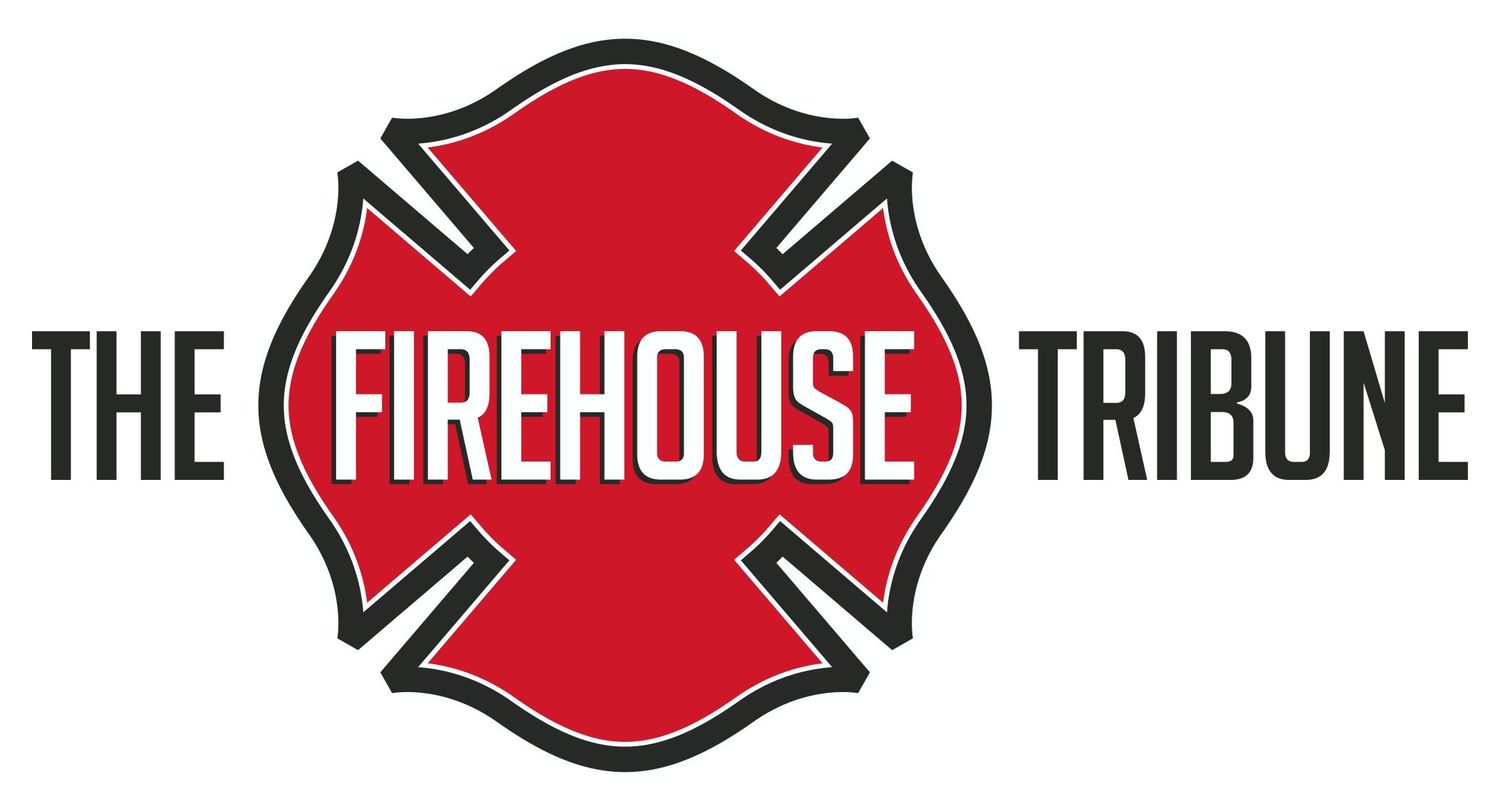What I Know Now About Leadership
"That's how you plan to handle that? That is the response I got from the drill instructor when he asked me how I was going to handle a problem that just happened in the dorm. It was somewhere around the fall/winter of 1992. I was all of 17 years old. And within a few months of being in basic training for the Air Force, I choose to lead about 50 recruits as the dorm chief. The other guy didn't fare so well. For the life of me, I have no idea why I decided to take the leadership plunge.
I take that back; I know why I did. No one else would. Life had already taught me that one way to make sure to stay around for a while is to do the jobs no one else will. I didn't know it then, but that was a pivotal moment in my training to be a leader.
The question the drill Instructor asked me dealt with how am I going to fix a particular problem if I couldn't get people to listen to me. My answer was to tell him the problem so he could handle it. The tone of his voice clued me into the notion that was not the response he was looking for. What I didn't understand at the time was he was looking for me handle it. But I had no ideal by how.
I've heard that experience comes from how you have had to work through trails and/or fix your mistakes. In the following weeks, I gained a lot of experience. Here's what I now know about leadership:
1. Leadership is figure-outable
I didn't have the right leadership answer for the drill Instructor that day, but I have learned a better answer over time thanks to experience. It's amazing what you can find in you when forced to look.
2. Everyone has potential to be a leader
Not everyone knows it. Not everyone has the same level of leader capabilities. It's a process of self-discovery.
3. Getting to really know people is one way to be a better leader for them
Connect people's values to the direction you need to go. if you don't know the people well enough, you will struggle with this.
4. Finally, leadership is a transferable credit
I took those lessons in leadership from the military, and have put them to use in the fire service to help move individuals, and hopefully organizations forward.
Now, how do you plan to handle your next leadership question?
About the Author
NICK BASKERVILLE has had the honor of serving in the United States Air Force for 10 years, followed by 4 years in the United States Air Force Reserves. He attained the rank of Technical Sergeant (E-6). Nick also has 16 years of fire service time, with 13 years of that being in a career department in Northern Virginia. Nick has had the opportunity to hold positions in the Company Officer's section of the Virginia Fire Chief's Association (VFCA), The Virginia Fire Officer's Academy (VFOA) staff, and in the International Association of Black Professional Fire Fighters (IABPFF) as a chapter president, a Health and Wellness committee member, and one of the IABPFF representatives to the Fire Service Occupational Cancer Alliance.

